In a post-pandemic workplace that is becoming increasingly demanding and competitive, many HR professionals, including myself, are now focusing on providing more strategic value. While HR is traditionally seen as responsible for nurturing organizational culture, the shift toward strategic, innovative work is becoming increasingly important.
The Evolving Landscape of HR Management
Over the past three decades, the landscape of HR management has undergone significant transformations. Today’s operational HR systems and software are becoming more complex, often making them incompatible with established internal office systems. This complexity can hinder key functions such as building talent pools, managing employee relations, conducting training needs analysis, and advising on performance management issues.
As a result, HR processes are becoming less adaptable within the business framework. Staying engaged with innovations in the HR field is, therefore, critical for continued success.
The Value of Adopting HR Innovations
From my experience, innovations in HR involve integrating traditional and modern management technologies and approaches to effectively address future challenges. For example, in today’s workplaces, there is a strong emphasis on fostering diversity and inclusivity, embracing new ideas, and adopting AI platforms to enhance organizational efficiency. Recent advances have focused on improving various aspects of HR, such as recruitment, onboarding, training, and performance management.
When leading innovative HR projects, valuable insights are often obtained by understanding which attributes are related to business planning. Implementing new ideas, methods, and technologies is crucial for meeting the changing demands of your organization and its workforce. Strategies for tackling these challenges include using AI-powered technology, automating procedures, and creating policies that support workplace culture, employee engagement, and mental health and well-being.
How HR Is Using Innovative Tech
Since the pandemic, numerous employers have realized the importance of a robust digital infrastructure. Even after implementing new software and digital programs, many organizations found their readiness for new working patterns needed improvement.
We must ensure the right stakeholders have the necessary tools to perform effectively in today’s workplace. This includes providing employees with the technology needed for remote work and the tools to establish a digital workplace, such as communication platforms, enterprise resource planning, and video-conferencing tools. Strong internal communication strategies are also essential to ensure interest and ownership of these efforts.
Artificial intelligence is dramatically enhancing several HR processes. Applying AI solutions in recruitment and change management, for example, can boost the capacity to identify top talent and improve employee communication. Ensuring compliance with local or regional data protection rules is crucial when implementing these innovative tools.
Conducting Due Diligence
Innovative technology has always played a role in HR business outcomes, facilitating improved productivity and effectiveness. When properly implemented, new solutions can revolutionize the interaction between technology and traditional HR systems, processes, and procedures. However, due diligence is necessary after identifying potentially beneficial technology. Essential due diligence considerations include:
- The anticipated HR outcome
- Potential intellectual property issues
- The extent of improvement in HR processes
- Regulatory components
Despite the presence of numerous HR technology providers, innovation is still in the experimental phase. Providing a comprehensive and critical analysis of tech solutions and their application in a multicultural, social, and organizational context is crucial.
Fostering Innovation in HR
Many HR professionals, including myself, have dedicated significant time to analyzing the key factors that drive innovation. Aligning processes such as payroll management, employee support, and benefits analysis with the overall business strategy helps ensure that organizations remain adaptable. By prioritizing the evaluation, selection, and implementation of various HR tech strategies, we can identify the most impactful developments across all settings and be well-suited for success.
In conclusion, innovative technology is a key aspect of HR success. By staying engaged with and adopting HR innovations, HR professionals can effectively address the evolving challenges of the workplace, ultimately driving productivity, efficiency, and a positive organizational culture.

